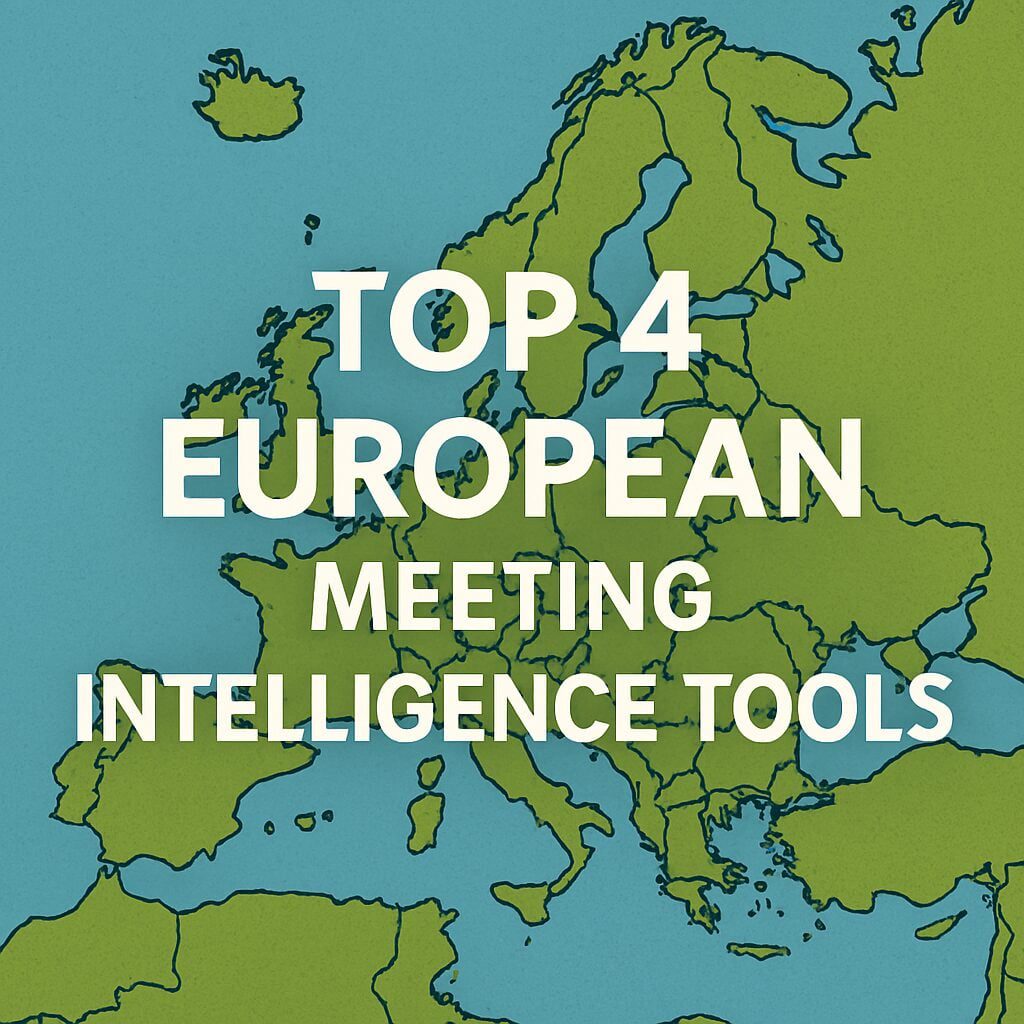What is this article about? Product marketing is an incredibly complex topic with a huge amount of information. So, we decided to dedicate an entire article to the art of product marketing and how it differs greatly from product management.
Are you ready product people?
In this PMM article
What is product marketing?
Product marketing is the process of positioning, promoting, and selling a product (or service) to customers. Product marketing primarily focuses on building demand for an organization’s products or services, by creating content that educates potential customers about the benefits they would receive from your product. Product marketers are primarily concerned with building relationships with customers over time.
Product marketers tend to be more customer-centric than market-centric. Product marketing ends when the sale happens – which is obviously also where product management starts!
What does PMM stand for?
PMM stands for a product marketing manager. Product marketing managers (PMMs) are responsible for creating and executing the product’s go-to-market plan. Product marketers tend to be more involved in product strategy, while Product Managers execute that strategy.
Product marketing uses customer data to deliver valuable content to customers online in order to build relationships with potential buyers over time. Product marketing focuses on generating demand, whereas Product Management focuses on meeting that demand.
What isn’t product marketing?
Product marketing is a lot of things. It is a role that leans on a lot of technical and industry skills and knowledge. So, what ISN’T product marketing? Product marketers are not product managers Product marketers are not Product Managers. Product marketing is an entirely different role to Product Management, with its own set of responsibilities and requirements. Product managers are responsible for understanding the market needs and bringing new products to the company that will meet those needs.
Product managers work on products or services all throughout their lifecycle – from conception right through to retirement. Product Marketing focuses solely on promoting the product whereas product management takes care of both development AND promotion.
Product management is what happens before you release a product, while product marketing is what happens after you launch it.
What does a PMM do? Product marketers have all sorts of different titles depending on where they work – but some common ones include: Market Development Manager Content
Product Marketing vs Product Management: what’s the difference?
We’re so glad you asked! Product marketing focuses on the demand side of building products – it’s all about creating customer value. Product managers, on the other hand, are responsible for defining, prioritizing, and validating business requirements for their products. Product management is often referred to as being ‘market-centric’ because they work closely with sales and customers. Product marketers do not! Product managers own the product backlog; product marketing owns the product messaging/content (e.g. whitepapers).
What do Product Market Managers do?
Product market managers are responsible for bringing new products to market, including managing the product throughout its life cycle & developing it according to what research shows. They ensure successful product launches by gathering strategic client feedback along the way – this includes both market research and customer feedback.
Product marketers combine the knowledge of product requirements with market insights to develop a positioning statement. Product marketers consult across internal departments to determine how current client needs can align with existing products or services, helping create demand for new offerings. Product managers also have a strong understanding of what product features are feasible by analyzing the team’s available resources.
Product marketing focuses mainly on promoting/positioning a product in a competitive marketplace through various channels such as creating content that educates potential customers about the benefits they would receive from your product, while Product Management is more focused on bringing a service/product to life within an organization – this includes planning launch dates, working closely with clients and much more!
Product marketing frameworks
There is a lot of ways to market a product. Let’s look at some of the most common, according to industry type.
SaaS
For the SaaS industry, the most common product marketing frameworks include: Product-Market Fit
Enterprise Product Management framework Product Marketing Framework Product Launch framework Product Messaging framework Product Positioning framework
IaaS/PaaS
For the IaaS and PaaS industry, the most common product marketing frameworks include: Product-Market Fit Product Positioning Product Launch framework Product Messaging framework Product Segmentation Product Pricing Product Alignment
Tech industry
For the tech industry, the most common product marketing frameworks are Product Positioning Product Messaging Product Launch Product Segmentation Product Pricing Product Alignment
Other industries
For other industries, such as consulting and financial services, product marketing frameworks can also include: Product-Market Fit Product Positioning Product Messaging Product Launch framework Product Segmentation Product Pricing Product Alignment
Product Marketing Certification
How to become recognized as a rockstar product marketer? Well, there are a plethora of certifications on Exam-Labs that you can complete. They can help to help you improve your product marketer skills. We’ve picked our favorite three.
P3M2 CIPM PMI-ACP/PMP/PgMP ®
The Professional in Product Management (P3M2) by the Association for International Product Marketing & Management (AIPMM), is one the most well-known certifications for Product Marketers.
This certification is an advanced certification in Product Management, Product Marketing & Product Innovation (which includes Product Managers, Product Directors, Product Owners, etc.). The P3M2 has three certifications within it – the CIPM (Certified International Product Manager), the PMI-ACP (Project Management Institute’s Agile Certified Practitioner), and the PMP (Project Management Professional).
The Certified International Product Manager credentials are awarded by IVAN Product Management Training Institute
The Product Innovation and Product Management Institute (PIPMI), is another Product Marketing certification that helps you become more knowledgeable about Product Marketers by teaching the Product Innovation process, Product Management tools & Product Leadership skills.
This foundation level 1 Certification teaches Product Managers advanced Product Bootcamp training covering the Product Life Cycle, Proven Product Management Methodology to help product managers be successful in their organization. In addition, this course covers techniques for effectively developing a product management plan and working with the team – including the cross-functional teams – needed to execute it. You can earn this certification by passing one exam which has a 90-minute time limit and 50 questions. The pass rate for these certifications is 60%.
Marketing certification
For some, it can be very helpful to get a product marketing certification. There is a range of certifications out there for this area and these vary depending on where you live and which training provider you choose.
How to develop and deepen your product marketing skills?
There are a lot of skills that a product marketer relies on. Here are some of the most important ways to foster these traits. These include analytical skills, curiosity and communication. Let’s take a deeper look into these and more. Product
Analytical thinking
Analytics are an important part of product marketing. Product marketers need to understand product usage, customer acquisition costs, etc. in order to make decisions that are lean, informed, and aligned with their business strategy. Writing skills Product market analysis Product Strategy Product Marketing Messaging Product Market Fit PMM PMF
Communication
Product marketers will communicate with multiple departments, including marketing, customer success, sales, and of course – product. Thus, communication is essential. Product marketing is about taking the customer’s perspective Product Marketers to need to communicate with Product Directors Product messaging Product positioning Product strategy Product market fit PMM PMF
Curiosity
Customer success in product management Product marketing requires curiosity, in order to truly understand your customers and what they want. Curiosity is only developed by doing. Try new things! You never know where you might find your next opportunity or insight.
Problem solver
A product manager helps build products that solve problems for your target audience.
Critical thinkers
The best PMMs are critical thinkers who can find creative solutions within budget. In order to develop one’s critical thinking skills Product marketers need to practice Product Managers need to be able to critically assess Product strategy Product messaging Product position Product market fit PMM PMF
Decision maker
Product managers are also required to make decisions. This could involve which product enhancements or feature requests should be implemented, what the roadmap should look like, etc. Product message, Product positioning, Product market analysis, Product-Market Fit.
Empathy
A key part of product marketing is empathy – being able to put yourself in your customers’ shoes and understand their problems. Along with problem-solving skills, this is one of the most important traits for a successful PMM.
Understand the competition
Product marketers need to have an expert understanding of the competition.
Product Marketing strategy
Any good product marketing strategy will include numerous elements, including:
– Product Market Fit
– Product Positioning (Product Marketing)
– Product Messaging
– Product Launch
– Product Segmentation
– Product Pricing
– Product Alignment (Aligning your product with what the market wants!)
Final thoughts on PMM and Product Marketing
Thanks for reading! We hope we educated you about Product Marketing, Product Management, Product Marketing Manager, and Product marketing vs Product management!




